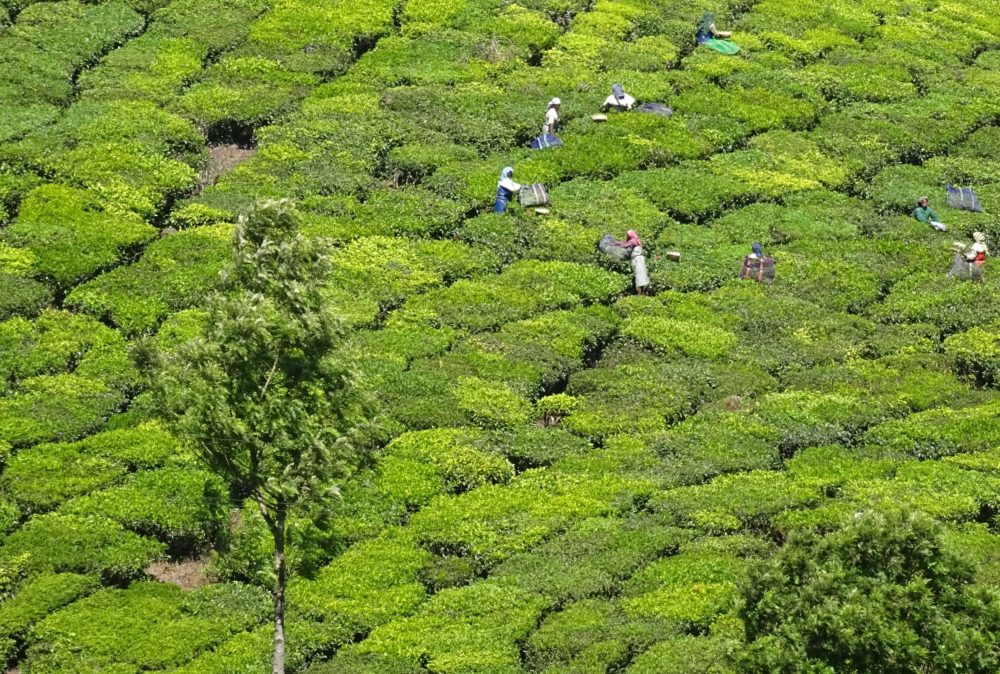By Neena Bhandari
The incisive eyes of a Powerful Owl were staring at me from the last page of the wall calendar. The days had melted into weeks and then months. 2021 had begun on a note of optimism, ignited by a promise of vaccines against the novel coronavirus, but that ray of hope has been eclipsed by the lengthening shadow of new mutations.
A more transmissible mutation — the Omicron (B.1.1.529) variant is surging unhindered as we usher in another year of living with SARS-CoV-2. The omnipresence of Omicron has dimmed New Year festivities and disrupted family reunions, just as we were hoping life would return to some form of normalcy.
Globally, on an average one million new coronavirus cases are being recorded daily. Public health systems have been stretched to a breaking point. Doctors, nurses, medical laboratory professionals, pharmacists, scientists and the innumerable health professionals have spent most part of their waking hours over the past two years helping the world cope with the pandemic.

